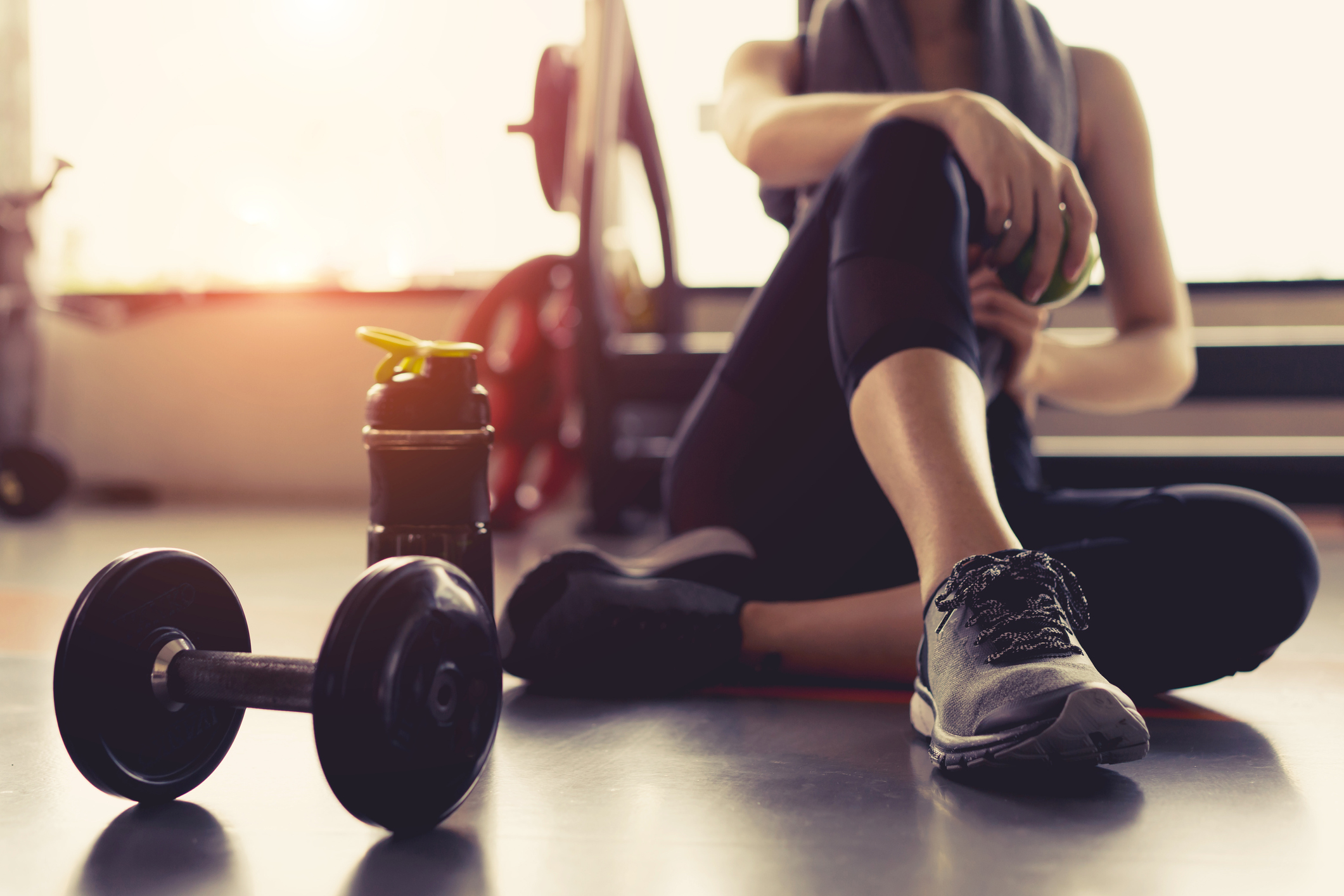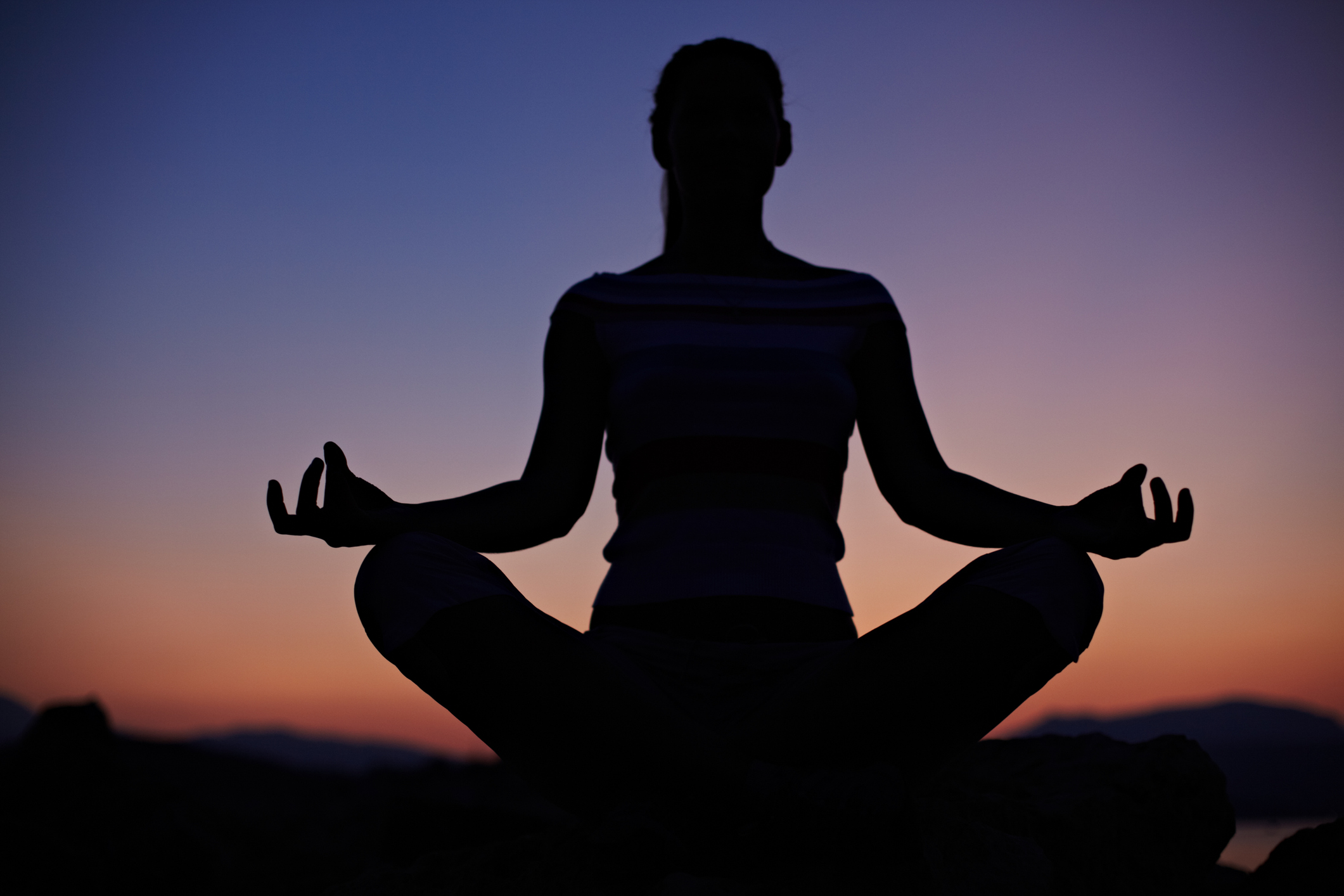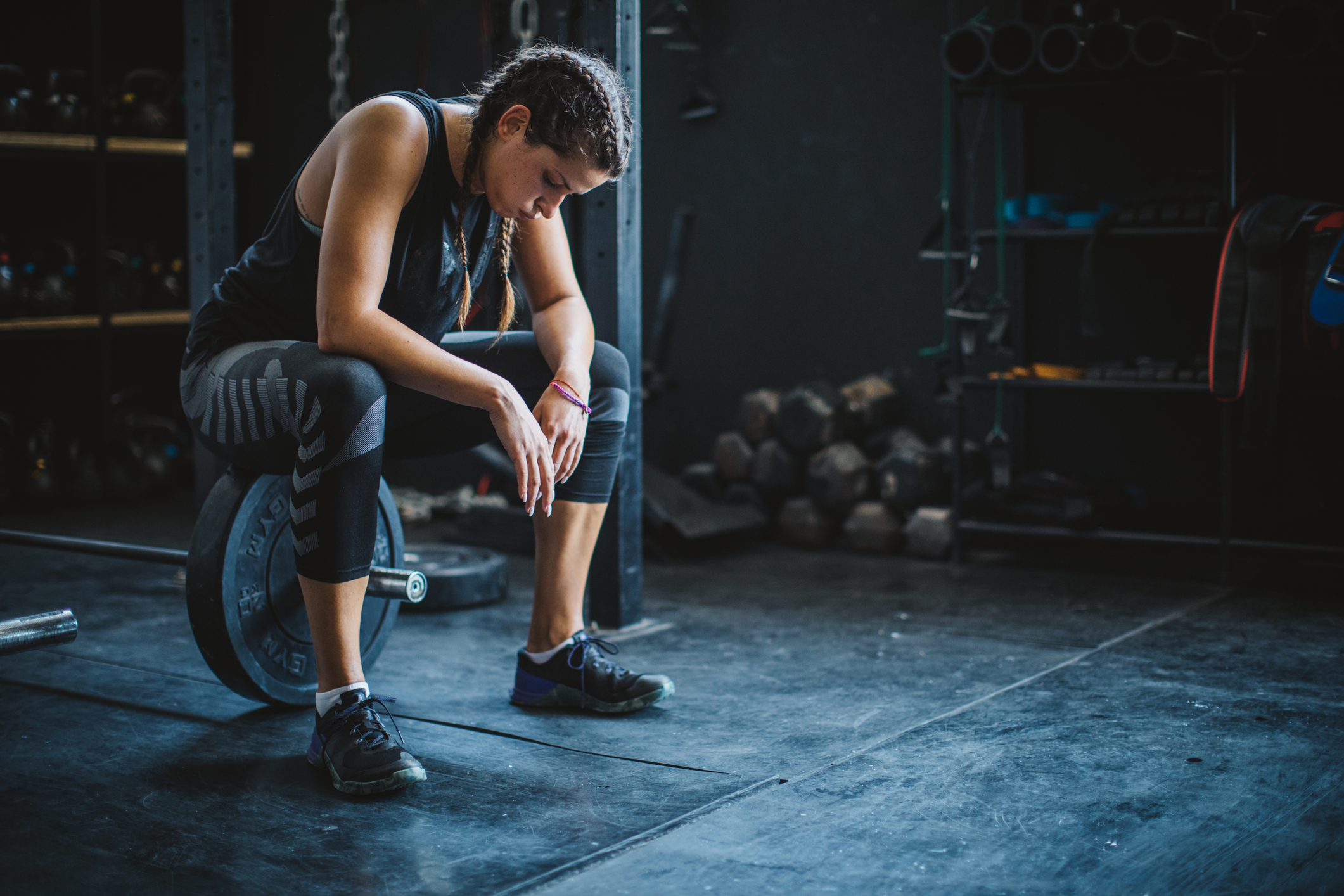If you’re still feeling some lingering side effects of daylight saving, you’re not alone. It can take time to adjust to a new sleep schedule, and sometimes, it requires more than an earlier bedtime. If you want to fall asleep faster and wake up feeling refreshed, then get moving and stay active!
The nice part about longer days is the chance to get outdoors and exercise. It doesn’t need to turn into a major commitment, as little as 20 to 30 minutes of walking, cycling, or any aerobic exercise per day can considerably improve your quality of sleep. And if you exercise regularly, you are more likely to reduce the risk of developing bothersome sleep disorders like restless leg syndrome or sleep apnea.
So, you may be wondering how exactly exercise affects your sleep? Let’s explore this connection.

Exercise vs. Sleep
Physical activity of any kind is known to increase the quality and duration of sleep because it reduces stress and tires you out naturally. If you exercise in the morning shortly after you wake up, or in the early afternoon after your first meal of the day, it will raise your body temperature and reduce it slowly to help reset your sleep cycle over a few hours' time.
If you exercise early, you may feel natural sleepiness throughout the day, and this slow progression makes it easier to fall asleep so you don’t lie in bed each night forcing yourself to shut your eyes.
Set a Reminder
When it comes to sleep and exercise, timing is everything. The consensus has always been that vigorous exercise too close to bedtime can over-stimulate the body, increase your heart rate, body temperature, and adrenaline levels, making it harder to fall asleep. However, researchers have recently eased up on their stance. Exercising late at night won’t interfere with everyone's sleep pattern, it affects people differently and depends on the individual's health, diet, and routine exercise regimen.
Whether you exercise anytime from 4 p.m. through 8 p.m., you can fall asleep quickly and feel well-rested the next morning. It's about finding the right time to fit your daily schedule. If physical activity during the evening charges you up, do it earlier in the afternoon. If you have the opposite experience, you might come back from an evening jog exhausted and ready to snooze the night away.
Certain exercises may also be more beneficial than others depending on the time of day. If your goal is to slowly unwind and relax before bed, try yoga, light stretching, or breathing exercises. Experiment with both sleeping methods and a variety of exercises to see which one produces the best sleeping results.

What are the Health Benefits?
We’ve determined that an optimized exercise routine can lead to better sleep and a full eight hours of rest can promote greater energy levels throughout the day, so the health benefits speak for themselves.
Beyond better sleep, routine exercise lowers your chance of developing cancer and diabetes, as well as decreases your risk of high blood pressure, hypertension, and obesity. The combination of routine sleep and consistent exercise improve your physical function, your mental fortitude, and it allows you to experience a healthier quality of life.
Exercise is also beneficial for all age groups, but it can be especially important for groups where immune health is of the utmost importance, such as pregnant women and elderly individuals.
Sleep vs. Exercise
We discussed how exercise affects your sleep, but what about the other way around? This aspect is not studied as closely, but those who experience poor sleep on a nightly basis exercise far less often than those with consistent sleep cycles. In fact, people who suffer from common sleep disorders are less likely to exercise during the day. Whether you suffer from insomnia or any breathing-related illness, studies have shown that these groups tend to be less active.
We discussed how the time of day can also play a role in your engagement with physical activity. If you’re an early riser, you’re more likely to exercise compared to a night owl. Routine exercise can even alter your circadian rhythm over time so you naturally unwind at the same time each night.
If you’re a competitive athlete, sleep allows the body to conserve energy and repair muscle tissue that had been worked or damaged during exercise. When we get the sleep our body needs, it produces growth hormones, which is why you need around 10 hours of sleep each night during adolescence. It helps you grow when you’re a child, but once you enter adulthood, sleep helps the body recover and react to any physical change.

Additional Health Benefits
On top of enhancing your quality of sleep, exercise provides health benefits in the following areas:
-
Improved Endurance: Aerobic activities increase your heart rate, which is vital for healthy cardiovascular, respiratory, and circulatory function. We mentioned walking and cycling earlier, but jogging and swimming are other popular aerobic exercises.
-
Stronger Bones and Joints: Strength-building exercises such as weightlifting are known to increase your muscle mass. If you’re elderly, light weightlifting keeps your bones and joints in healthy condition, counteracting the loss of bone density and helping to protect individuals from fractures if they suffer a fall.
-
Improved Balance and Flexibility: Yoga, Tai Chi, or simple meditation make it easier to participate in more strenuous physical activity, helping to keep your body loose and limber.
-
Weight Control: Routine exercise allows you to burn calories. Depending on your diet and body type, it may take more exercise to burn calories, unhealthy fats, and sugars. 30 minutes per day of moderate exercise is the recommendation for most people. If you can, shoot for this goal four to five days per week.
-
Mental Health: People tend to focus on a wide range of physical conditions, but an equally important and oftentimes overlooked aspect of exercise is what it does for our mental health. Physical activity is known to limit your chance of developing mental health disorders such as depression, anxiety, or bipolar disorder.
-
Increased Lifespan: If you sleep well and exercise often, you have a 33 percent chance of living longer than those who seldom exercise. Remember, you don’t need to train for a marathon and put added pressure on yourself, 150 minutes per week is a good barometer for a healthy lifestyle. Small bursts of physical activity or any type of moderate exercise will benefit your overall health.

Two and the Same
A good night’s sleep and a routine exercise plan go hand in hand. If you feel more rested, you’ll be more motivated to exercise. If you just finished a solid workout, you’ll be ready to crash and sleep soundly through the night.
Whatever you do to improve your sleep habits, remember the first step to improve your slumber is investing in the right mattress. It's the foundation of every night’s sleep, and we wouldn’t wake up feeling like ourselves without a comfortable, supportive, and durable mattress.
If you have questions or would like to learn more, give us a call, browse our online catalog, or visit us in person to shop our entire collection of mattress and sleep accessories.
